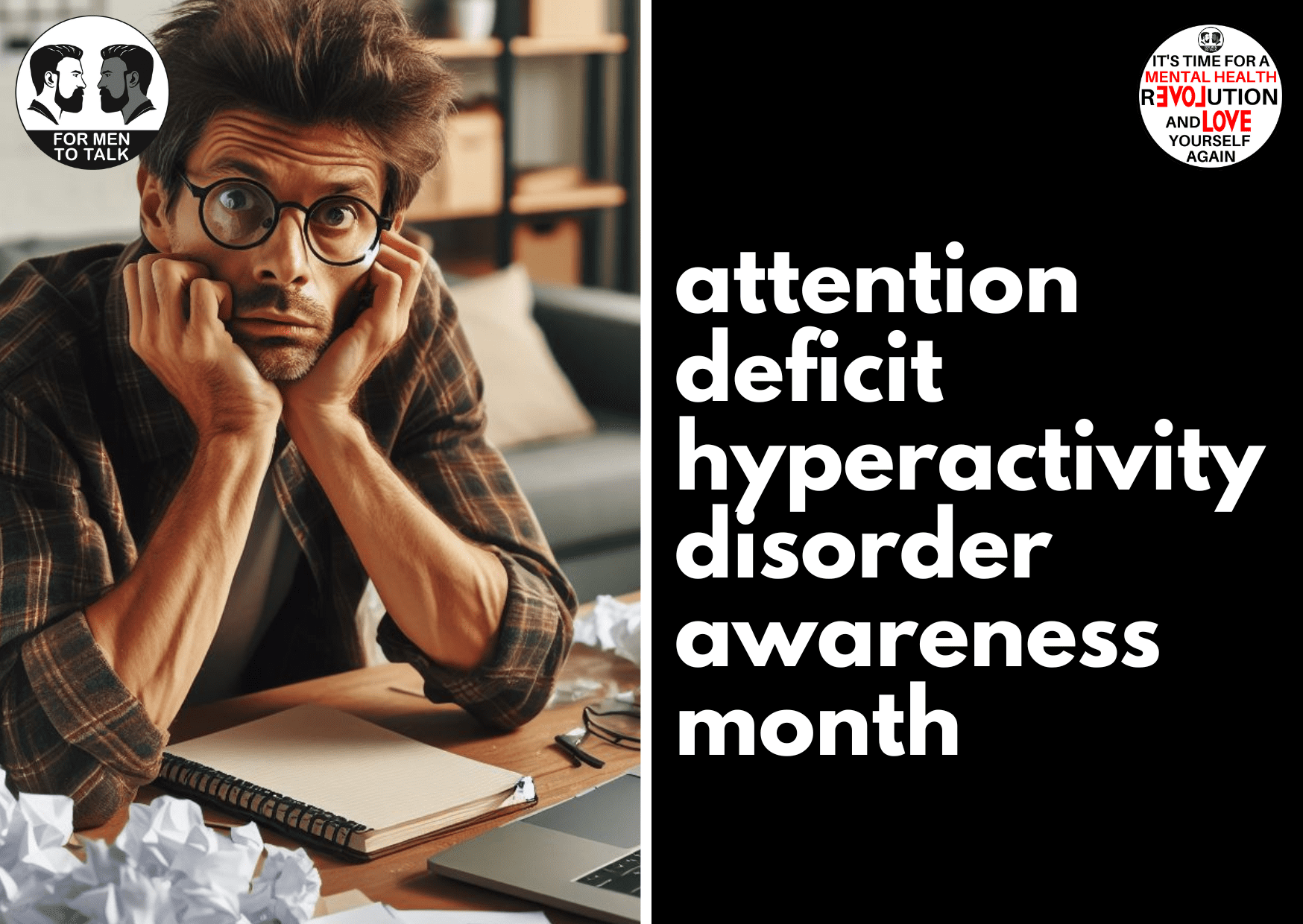Navigating the ADHD diet: Unraveling the challenges of sustaining healthy eating habits

Attention Deficit Hyperactivity Disorder (ADHD) is a neurodevelopmental condition that not only affects one’s ability to concentrate but can also significantly impact daily habits, including dietary choices. Individuals with ADHD often face unique challenges when it comes to maintaining a healthy relationship with food. In this blog post, we will delve into the complex interplay between ADHD and eating habits, exploring factors such as impulsivity, forgetfulness, medication side effects, and sensory differences that contribute to a higher likelihood of poor eating habits among this population.
Impulsivity and its Impact:
One of the hallmark traits of ADHD is impulsivity, which can manifest in various aspects of life, including eating habits. The impulsive nature of individuals with ADHD may lead to spontaneous and often unhealthy food choices. Grabbing convenient, processed snacks instead of opting for nutritious meals becomes a common occurrence, contributing to a diet lacking essential nutrients.
Forgetting to Eat:
In the hustle and bustle of daily life, individuals with ADHD may find themselves forgetting to eat altogether. The demands of managing ADHD symptoms and navigating a fast-paced world can result in irregular meal patterns, negatively impacting overall nutrition. This forgetfulness can lead to inconsistent energy levels, affecting cognitive function and exacerbating ADHD symptoms.
Suppressed Appetite as a Medication Side Effect:
Many individuals with ADHD rely on medication to manage their symptoms. However, a common side effect of some ADHD medications is a suppressed appetite. This presents a double-edged sword – while medication helps control ADHD symptoms, it may also lead to a reduced interest in food. This can result in inadequate caloric intake and nutritional deficiencies, posing additional challenges to maintaining a balanced diet.
Comfort Eating as Coping Mechanism:
Living with ADHD can be stressful, and individuals may turn to comfort eating as a coping mechanism. The instant gratification provided by sugary or high-fat foods can offer a temporary escape from the challenges associated with ADHD. Unfortunately, this reliance on comfort eating can contribute to unhealthy weight gain and the development of poor eating habits over time.
Fussy Eating and Sensory Differences:
Sensory differences are another aspect of ADHD that can impact eating habits. Some individuals with ADHD may experience heightened sensitivity to certain tastes, textures, or smells, leading to a restricted and often fussy approach to food. This sensory aversion can further limit the variety of foods in their diet, potentially affecting overall nutrition and health.
Conclusion:
Addressing the complex relationship between ADHD and poor eating habits is crucial for promoting overall well-being in individuals with this neurodevelopmental condition. Strategies such as mindful eating, meal planning, and seeking support from healthcare professionals can play pivotal roles in establishing and maintaining a healthy diet for those with ADHD. By understanding the challenges associated with impulsivity, forgetfulness, medication side effects, and sensory differences, we can work towards creating a more supportive environment that fosters nutritious eating habits for individuals living with ADHD.